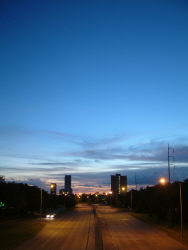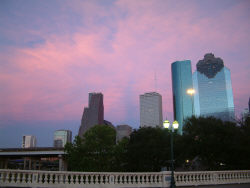Alfonsina y El Mar is the title to a very unique and everlasting song. Following is a quote from Wikipedia on Alfonsina Storni."Alfonsina was born in Sala Capriasca, Switzerland to an Argentine beer industrialist while in Switzerland for a few years. There Alfonsina learned to speak Italian. Back in Argentina the family was forced, after the business failed, to open a tavern in the city of Rosario, where Alfonsina would work at a variety of chores.
In 1907 she joined a traveling theatre company which took her around the country. With them she performed in Henrik Ibsen's Spectres, Benito Pérez Galdós's La loca de la casa, and Florencio Sánchez's Los muertos.
Back in Rosario she finished her studies as a rural primary teacher, and also started working for Mundo Rosarino and Monos y Monadas local magazines, as well as Mundo Argentino.
In 1911 her son Alejandro was born to an unknown father. She then moved to Buenos Aires, seeking the anonymity of a big city, and deepening her image as a woman constantly challenging society.
In spite of her economic difficulties, she published La inquietud del rosal in 1916, and later started writing for Caras y Caretas magazine while working as a cashier in a shop.
Alfonsina soon became acquaintanced with other writers such as José Enrique Rodó and Amado Nervo, and established friendships with José Ingenieros and Manuel Ugarte.
Her economic situation improved, which allowed her to travel to Montevideo, Uruguay. There she met poetess Juana de Ibarbourou, as well as Horacio Quiroga, with whom she would become great friends. Her 1920 book Languidez received the first Municipal Poetry Prize and the second National Literature Prize.
She taught literature at the Escuela Normal de Lenguas Vivas, and she published Ocre. Her style now showed more realism than before, and a strongly feminist theme. Solitude and marginality began to affect her health, and worsening emotional problems forced her to leave her job as teacher.
Trips to Europe changed her writing by helping her to lose her formal models, and reach a more dramatic lyricism, loaded with an erotic vehemence unknown in those days, and new feminists thoughts in Mundo de siete pozos (1934) and Mascarilla y trébol (1938).
A year and a half after her friend Quiroga committed suicide in 1937, and haunted by solitude and breast cancer, Storni sent her last poem, Voy a dormir ("I'm going to sleep") to La Nación newspaper. The following day she committed suicide, by entering the sea at the La Perla beach near Mar del Plata, Argentina.
This tragic death inspired Ariel Ramírez and Félix Luna to compose the song Alfonsina y el Mar ("Alfonsina and the sea"), which has been interpreted by Mercedes Sosa, Andrés Calamaro, and many others."







